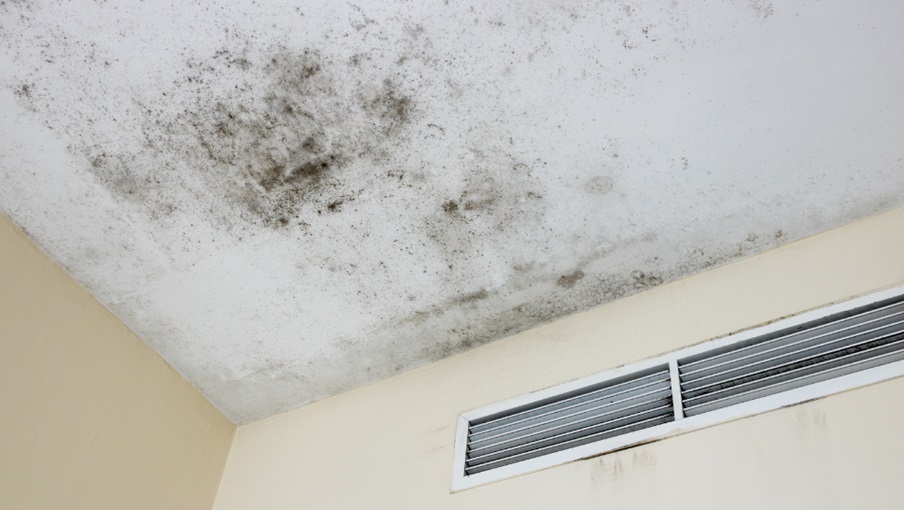As the seasons change, homeowners in Atlanta and beyond face a persistent and potentially harmful problem: mold growth. The varying humidity levels and temperatures throughout the year create ideal conditions for mold to thrive, posing risks to both property and health. When these issues arise, seeking the expertise of a mold specialist in Atlanta becomes crucial. These professionals possess the knowledge, tools, and experience to effectively identify, remove, and prevent mold growth, ensuring a safe and healthy living environment year-round.
Understanding Seasonal Mold Growth
Spring: The Awakening of Mold
As temperatures rise and rainfall increases, spring creates perfect conditions for mold growth. Melting snow and frequent rain can lead to excess moisture in homes, particularly in basements and crawl spaces. Additionally, pollen and other organic matter can provide food sources for mold spores.
Summer: Heat and Humidity’s Impact
Atlanta’s hot and humid summers create an ideal environment for mold proliferation. Air conditioning systems working overtime can create condensation, leading to moisture buildup in unexpected areas. Poorly ventilated bathrooms and kitchens become particularly susceptible during this season.
Fall: Fallen Leaves and Moisture Traps
As leaves accumulate around homes, they can trap moisture against foundations and in gutters. This damp organic matter becomes a breeding ground for mold. The fluctuating temperatures of fall can also lead to condensation issues inside homes.
Winter: Indoor Moisture Challenges
While colder temperatures generally slow mold growth, indoor heating can create pockets of warmth and humidity that foster mold development. Lack of ventilation due to closed windows can exacerbate the problem.
The Role of a Mold Specialist
Mold specialists play a crucial role in addressing these seasonal challenges. Their expertise is invaluable in:
- Identification: Properly identifying the type and extent of mold growth.
- Assessment: Evaluating the underlying causes of mold growth specific to each season.
- Remediation: Safely remove existing mold and prevent its return.
- Prevention: Recommending strategies to mitigate future mold issues.
Common Seasonal Mold Issues and Solutions
Spring Mold Challenges
- Issue: Increased moisture from melting snow and rain.
- Solution: A mold specialist may recommend improving drainage systems and waterproofing basements.
Summer Mold Problems
- Issue: High humidity and air conditioning condensation.
- Solution: Experts might suggest dehumidifiers and proper HVAC maintenance.
Fall Mold Concerns
- Issue: Accumulation of damp organic matter around the home.
- Solution: Specialists often advise on proper yard maintenance and gutter cleaning.
Winter Mold Risks
- Issue: Poor ventilation and indoor humidity from heating systems.
- Solution: Mold professionals may recommend improved ventilation strategies and moisture control measures.
The Importance of Professional Mold Remediation
While DIY mold removal might seem tempting, it often falls short of addressing the root cause and can even spread mold spores further. Professional mold remediation offers several advantages:
- Thorough Assessment: Mold specialists use advanced techniques to detect hidden mold growth.
- Safe Removal: Professionals use proper containment and removal methods to prevent spread.
- Effective Prevention: Experts can implement long-term solutions to prevent future mold growth.
- Health Protection: Professional remediation minimizes exposure to harmful mold spores.
Atlanta mold removal professionals are equipped with the latest tools and techniques to handle even the most challenging mold situations.
Innovative Approaches in Mold Remediation
The field of mold remediation is constantly evolving, with new technologies and methods emerging to combat mold more effectively:
- Thermal Imaging: Allows specialists to detect moisture behind walls without invasive procedures.
- HEPA Air Filtration: Advanced filtration systems that capture airborne mold spores during remediation.
- Eco-friendly Treatments: New, environmentally safe products that eliminate mold without harsh chemicals.
- Preventive Coatings: Innovative surface treatments that inhibit future mold growth.
The Future of Mold Prevention and Treatment
As climate change continues to affect weather patterns, the importance of effective mold prevention and treatment is likely to grow. Research is ongoing into:
- Smart home systems that monitor and control humidity levels automatically.
- Advanced building materials resistant to mold growth.
- Biological treatments use beneficial microorganisms to outcompete harmful mold species.
Conclusion: Taking Action Against Seasonal Mold
Mold issues vary with the seasons, but their impact on health and property remains constant. By understanding these seasonal patterns and seeking professional help when needed, homeowners can protect their living spaces year-round. A qualified mold specialist not only addresses current mold problems but also provides valuable insights into preventing future issues.
As we look to the future, the role of mold specialists will likely expand, incorporating new technologies and methods to combat this persistent problem. For those facing mold issues or seeking to prevent them, consulting with a professional is a wise investment in the health and longevity of your home.
Remember, when it comes to mold, early detection and professional intervention are critical. Recognizing the signs that you need a mold removal specialist can save you time, money, and potential health issues in the long run. Don’t hesitate to reach out to a mold specialist in Atlanta at the first sign of trouble – your home and health will thank you.


